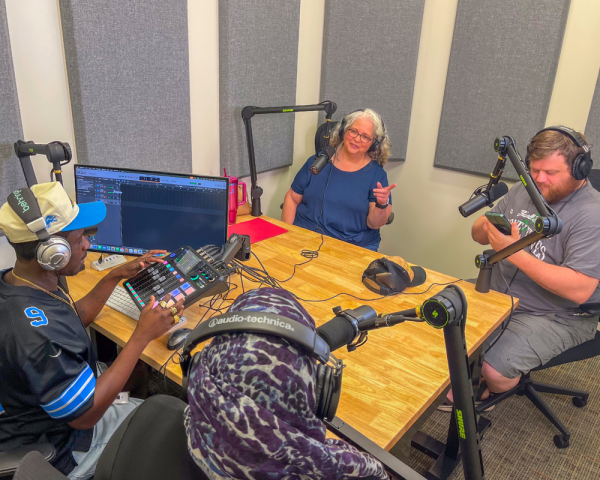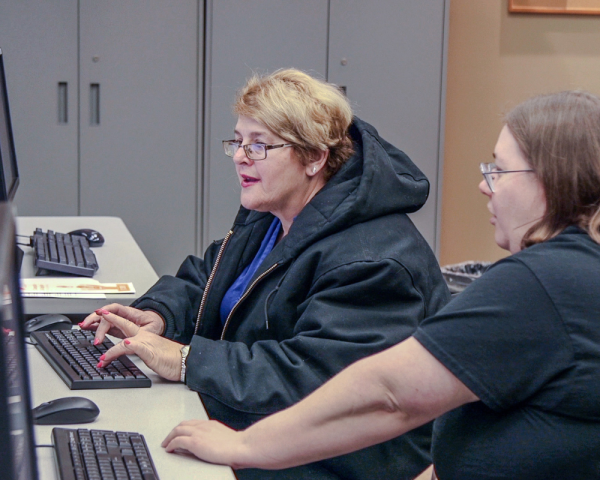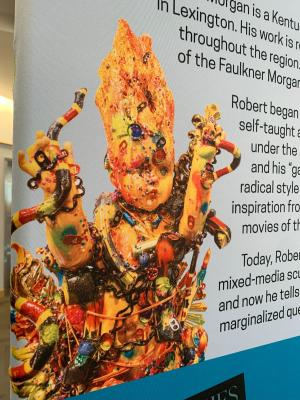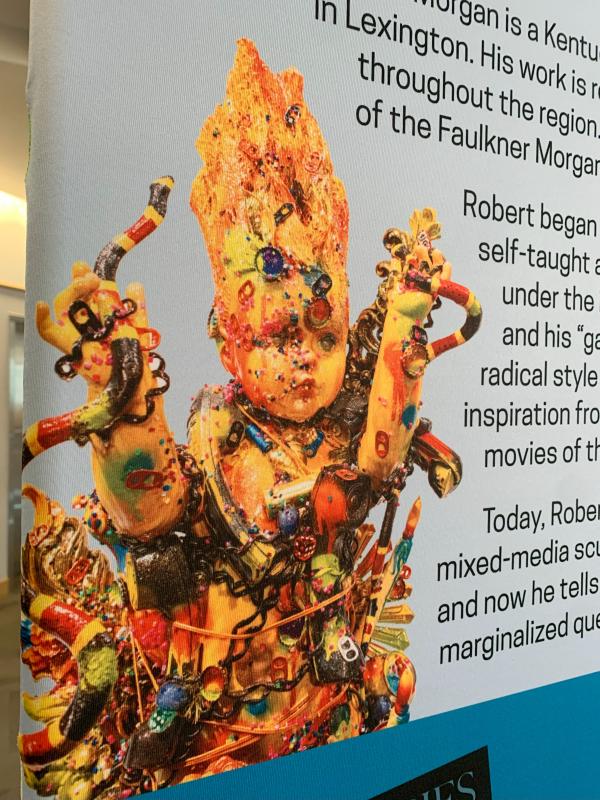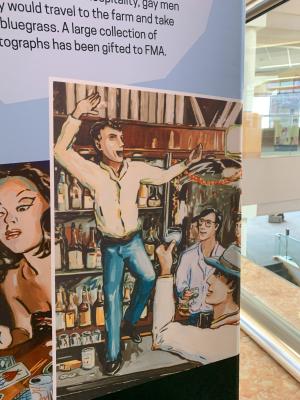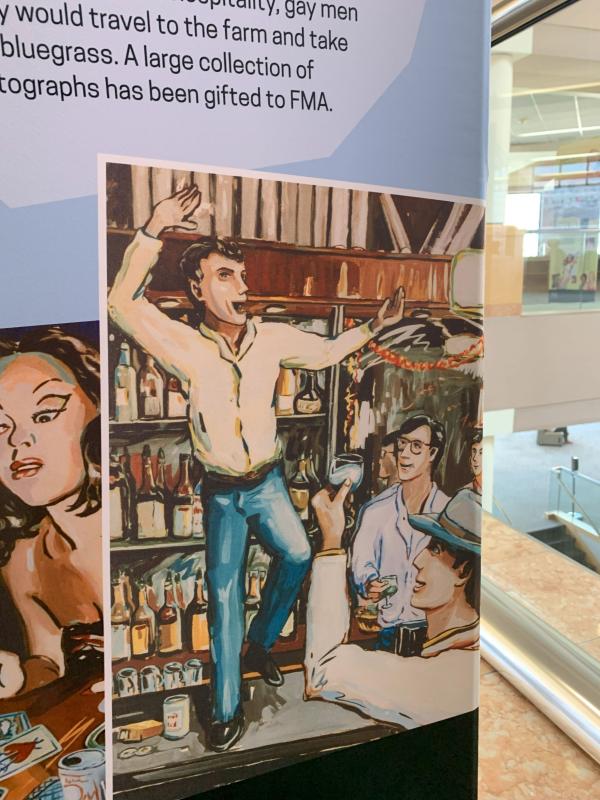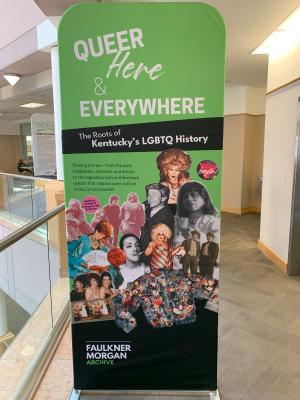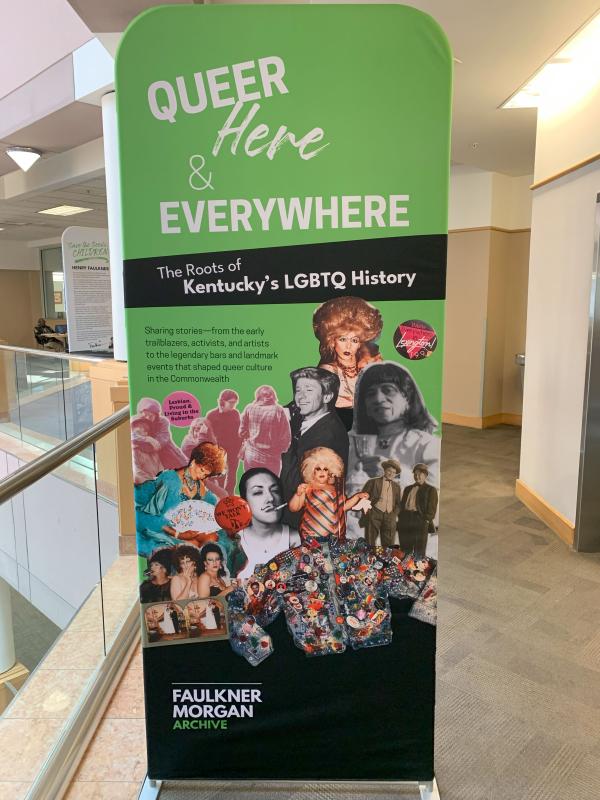

Website Search
Submit an application to participate as a vendor at the 2026 Kentucky History and Genealogy Conference.
All the Library Can Be
The library is essential to a thriving community, ensuring equitable access to information, education, and technology for all. We raise funds to support Lexington Public Library programs, services, and special projects that go beyond what public dollars alone can support.
Celebrate Lexington, Kentucky’s 250th anniversary all year long. Join us for programs, galleries, podcasts, and more highlighting our city’s history, heritage, and legacy.
This is your gateway to our most popular resources. Search for books and eBooks, access tools for research and learning, and discover our unique collection of genealogy and local history materials.
Library meeting rooms are available for individuals, non-profit, for profit, study groups, and community organizations seeking to hold meetings, trainings, and workshops.
The William Stamps Farish Fund Theater is a state-of-the-art facility in one of Main Street’s busiest places.
Fully renovated and updated, the theater on the Central Library’s first floor is home to theater, dance, live music, film, community events, and meetings. The Lexington Public Library makes the facility available at some of the city’s best prices, with affordable business, nonprofit, and government rates.
The Luna Library, a program of Believing in Forever, collects and distributes children's books with an African American history or Black character focus. It is an alternative for African American parents looking for books that provide context and knowledge to understand the stories of the African American experience in this country for their children. Believing in Forever is a champion of diversity and inclusion, and the positive impact books have on children of all races.
Lexington, Kentucky (August 18, 2022) – The Lexington Public Library broke ground on a new, significantly larger facility in the former Village Branch location on Versailles Road to better provide for the needs of the neighborhoods it serves. The new branch will reflect the community’s vision for a state-of-the-art community hub, one that offers robust resources and a myriad of program and service offerings. The groundbreaking ceremony was held on Tuesday at a media event featuring Library and City officials.
New to the U.S. and Lexington community? Check out these programs for English language learners.
All databases are available from this page.
Download eBooks, audiobooks, magazines, and more – free with your library card.
Queer, Here, & Everywhere: The Roots of Kentucky’s LGBTQ History is the first comprehensive exhibition of Lexington’s LGBTQ history, showcasing the importance of the queer community in this city
Highlighting key moments and figures in Lexington's LGBTQ history, from Sweet Evening Breeze's drag performances in the 1920s to the passage of the Fairness Ordinance in 1999, this exhibit celebrates the resilience and contributions of the queer community. By shedding light on these often overlooked narratives, we hope to foster a greater sense of belonging for LGBTQ individuals in Lexington while also promoting understanding and appreciation among the broader population.
Learn more about this exhibit here.
Join us for an evening with acclaimed poet, author, and educator Frank X Walker, a pioneer of the Affrilachian literary movement and former Kentucky Poet Laureate. Professor Walker will share insights from his groundbreaking work, discuss the power of storytelling in shaping cultural identity, and reflect on his journey as a writer and advocate for Appalachian voices.
Lexington, Kentucky (March 9, 2022) – Lexington Public Library and Lexington Public Library Foundation are honored to announce that the Marksbury Family Foundation has committed the lead gift for the capital campaign to rebuild the library branch at the corner of Versailles Road and Village Drive. In recognition of their generosity, the new facility will be named the Marksbury Family Branch when it opens in 2024.
Everyone deserves a place to discover something new. The Lexington Public Library stands for free and open access to information. We’re a safe, welcoming space for neighbors to come together — opening the door so all Lexingtonians can find what they’re looking for.
Our commitment to listening, learning and changing is ongoing and our work is never complete. We affirm that we achieve more together because of our differences, not despite them. When all voices are heard, we are stronger.
The Materials Selection Policy was initially adopted February 25, 1987 by the Lexington Public Library Board of Trustees and was revised March 24, 1993. The Materials Selection Policy was updated and renamed the Collection Development Policy which was approved by the Board on January 14, 2009. The Board of Trustees assumes full responsibility for all legal actions which may result from the implementation of any policies stated herein.
Read articles from magazines and journals, learn a new language, or locate a newspaper article. These resources can't be found with a search engine but are available for free with your library card.


